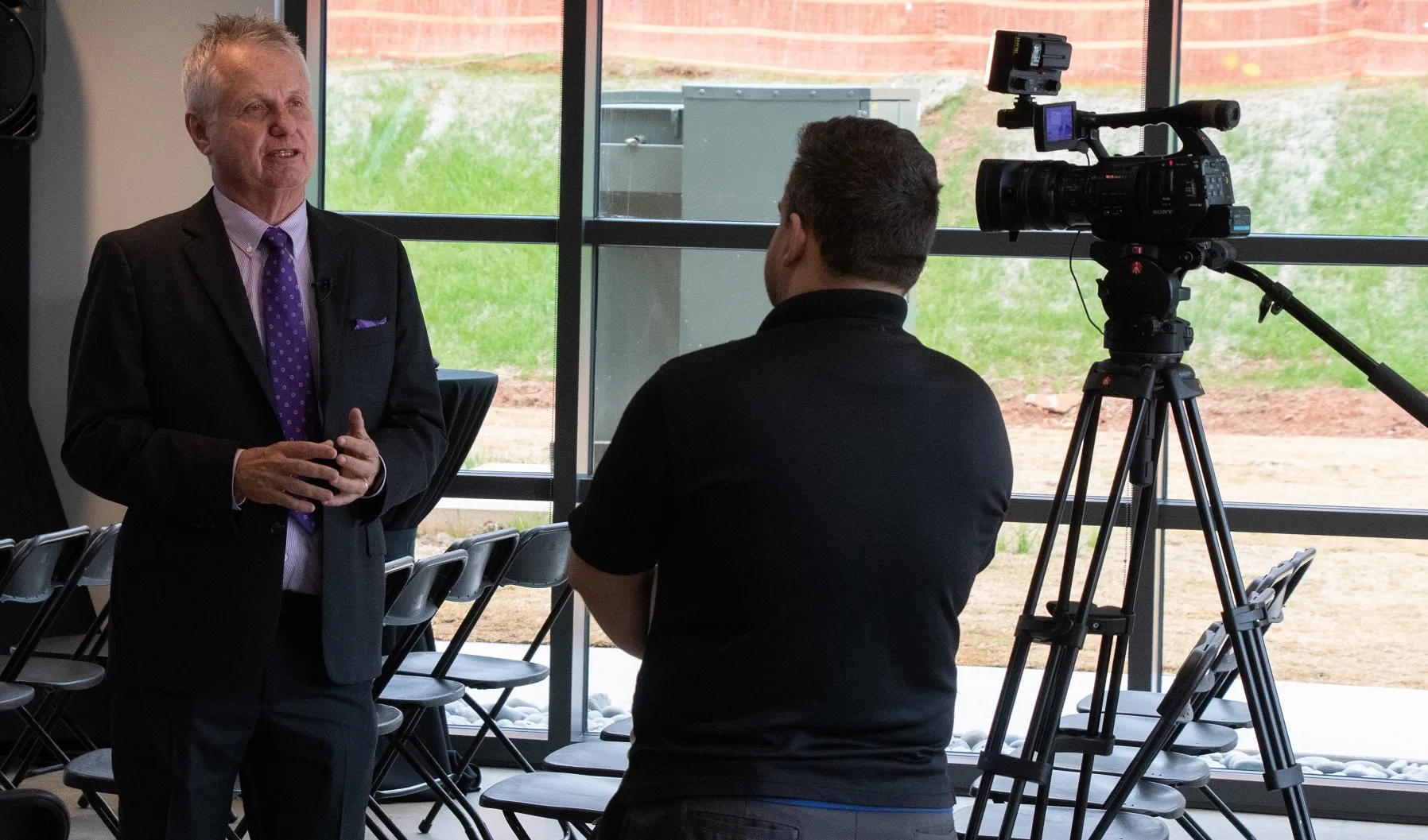This was among the main messages from ITS (UK)’s 2018 summit this week. “Don’t deploy technology for technology’s sake – that’s just having a toy,” said Kirk Steudle, former boss of
“Just because the technology is clever, it doesn’t mean it’s any use,” warned ITS (UK) president Steve Norris. He urged delegates to think: “What are the challenges we are actually solving?”
The former UK transport minister also suggested that some form of road user charging in the UK was inevitable to raise revenue as the government’s tax-take from fuel duty continues to decline, in large part due to more fuel-efficient cars.
“Receipts from fuel duty are falling off a cliff,” he said. “It’s pretty illogical that the last great free public utility should be the roads.”
• A full report of the ITS (UK) 2018 summit will appear in ITS International, January/February 2019
Clever technology is not enough: ITS must solve customers’ problems, warn experts
ITS professionals must ensure they are responding to customer needs and not simply being blinded by the possibilities of technology, warn ITS experts.
This was among the main messages from ITS (UK)’s 2018 summit this week. “Don’t deploy technology for technology’s sake – that’s just having a toy,” said Kirk Steudle, former boss of Michigan Department of Transportation, in his keynote speech at the event in Bristol, UK.
“Just because the technology is clever, it doesn’t mean it’s any use,” warned ITS (
November 28, 2018
Read time: 2 mins
ITS professionals must ensure they are responding to customer needs and not simply being blinded by the possibilities of technology, warn ITS experts.









